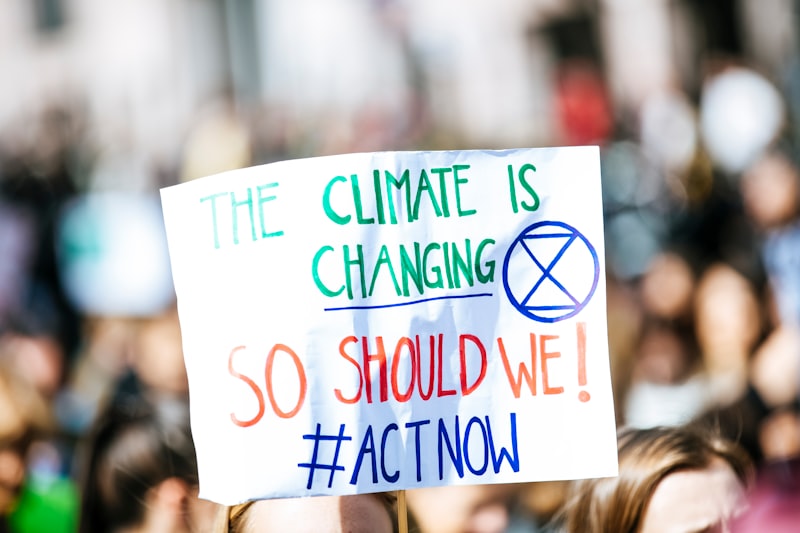Ethics is a big topic and I am by no means going to go into the full breadth of this monster topic today. I will, however, present an approach to empirical data as a means of measuring and gauging the relative success of social media strategies and leading public discourse.
Consider a discussion that I had with Norwegian Academic Jørgen Randers on November 30th, 2021. Jørgen artfully articulated how convincing speech, otherwise known as rhetoric, is required to buttress empirical models.
Jørgen is now part of the Earth for All and project, which, as he points out at time stamp in the above video, the following five actions;
- Stop using coal, oil and gas.
- Shift agriculture from industrial fertilizer-based to regenerative or ecological-based agriculture.
- To make the rich pay. Costs should be covered by the top 1-5% richest in our society globally and throughout the world.
- Change the economic development model that is used to remove poverty in Africa, India, and [other] few remaining pockets and away from the Washington consensus free-market type of development to something like Costa Rica or China or Norway in 1945 and 1965 where there was a strong state with an industrial policy that actually develops the country.
- Maintain the intense effort to educate and provide health and contraception to the women of the world.
Verbal arguments are very important and building the quantitative models to support the five recommendations is the strategy that the Earth4All initiative hopes to move forward with.

Are there objections to this initiative? Certainly, and I would like to think this is part of the healthy dialogue and an inevitable part of progress in public policy. World3 is "much better than others can make" are the claims that come from Jørgen's anticipated response from Dennis Meadows in the seminal book The Limits to Growth (1972) to the models being developed by Earth4All.
It is very difficult, probably impossible, to make models that influence policy, or influence the public mind."
—Jørgen Randers, professor emeritus of climate strategy at the BI Norwegian Business School
Jørgen hopes that the new approach of Earth4All will increase the ability of policymakers to make educated predictions on the human and economic consequences of climate action.
So it appears that the model offered by Meadows, et alia, is not accepted as ideal by some Scientists in the climate community. Improvements and iterations to the models are something that the Earth4All initiative hopes to achieve, primarily focusing on informed policy ratification.
Why ratification rather than adaptation?
The simple answer is that the goal of the models and theorizing is to make recommendations to the policymaker and not offer a prescriptive solution to the problems that we face. This recommendation only approach leave the implementation to the policymakers. Now you might get the impression that Meadow's model (ie. World3) is prescriptive? No this is not the case, the tradition of recommendation only is also taken up by the World3 model, the difference lies in perceived inadequacies in what is included in the model.

Personally, I think a pluralistic approach to policies should be the order of the day all running in parallel, with the winners and the losers, relatively speaking, are compared in different governments, with different economies and different community structures.
This is a complicated approach, primarily because the maxim that Heraclitus gave us is that "you can't step into the same river twice", meaning that time changes empirical reporting and no prior set of data can safely be used to predict with 100% effectiveness the outcomes of future events.
100% predictability isn't necessary, the question that we should be asking ourselves is whether or not it's statistically significant. A blind study of data collection with these models running in the background will offer two things;
- A robust framework or ontology to improve upon.
- A blind study so that politics, conjecture and personal gain or projected personal loss are not part of the system, and finally,
- Anything other than a null hypothesis is valuable and requires a practical approach to prioritizing a utilitarian approach at the community level.
This approach, is in my opinion, the best approach, but my opinion may not be relevant here. Perhaps the best thing we can do is play our part and leave the model building, policy-making and solutions to the experts.
The question shouldn't be, what if they are wrong?
The question should be, what if we act too late?



